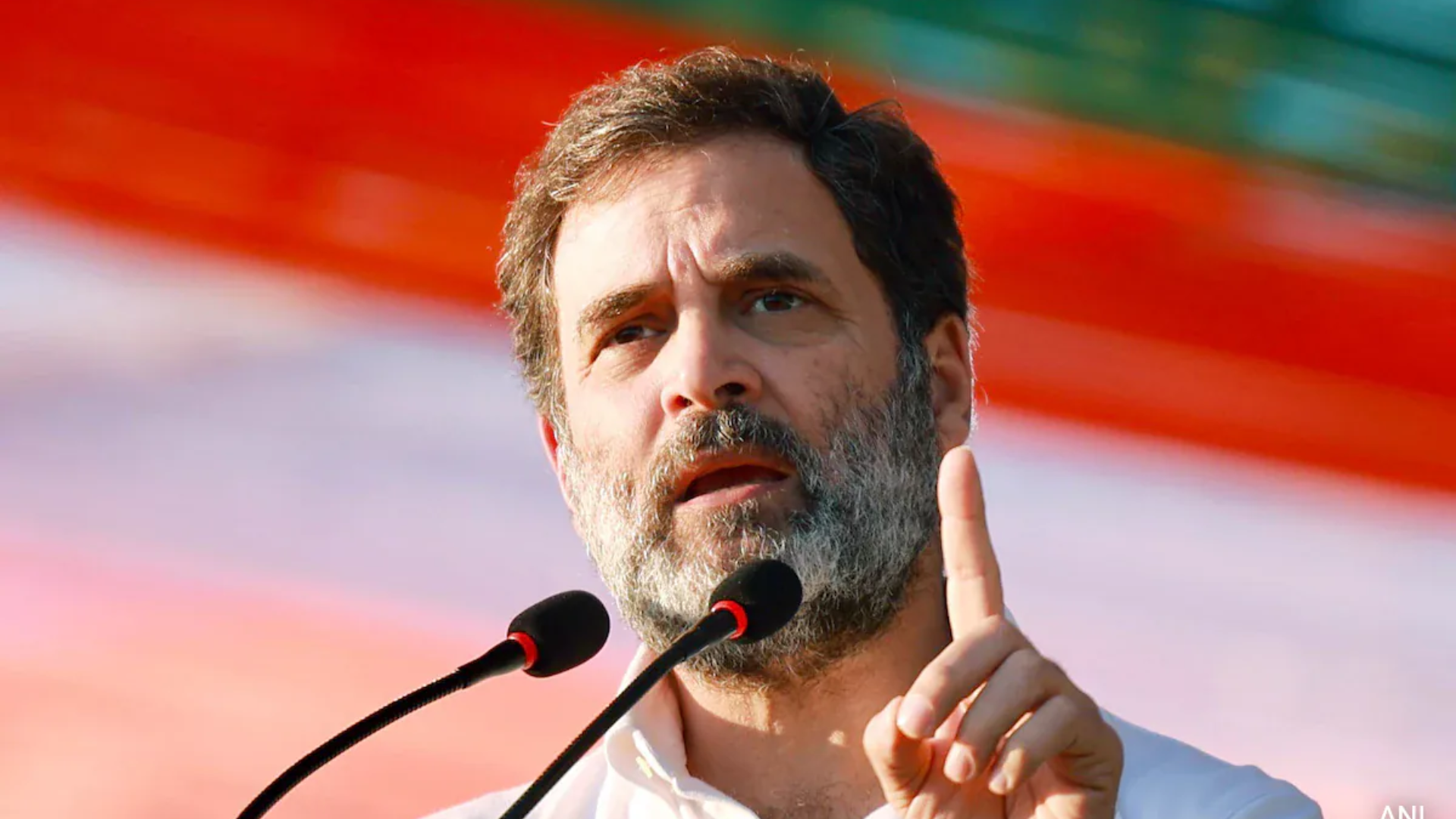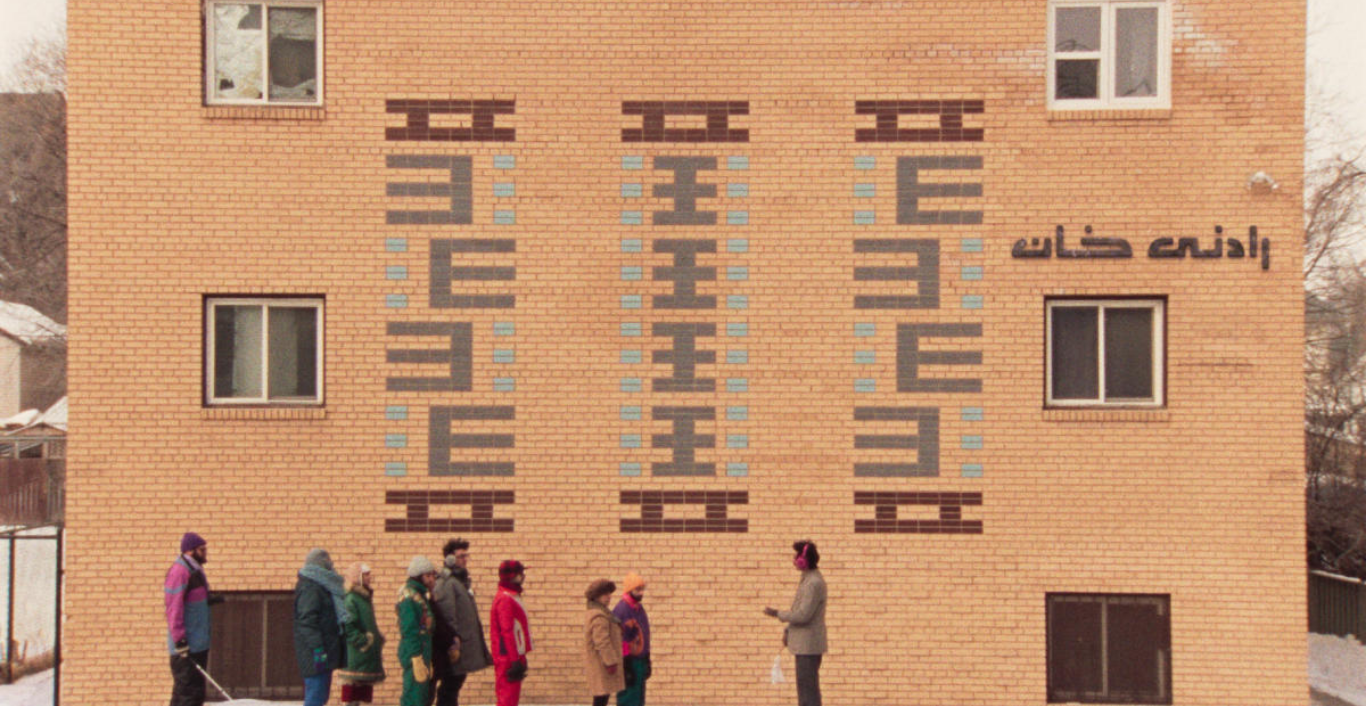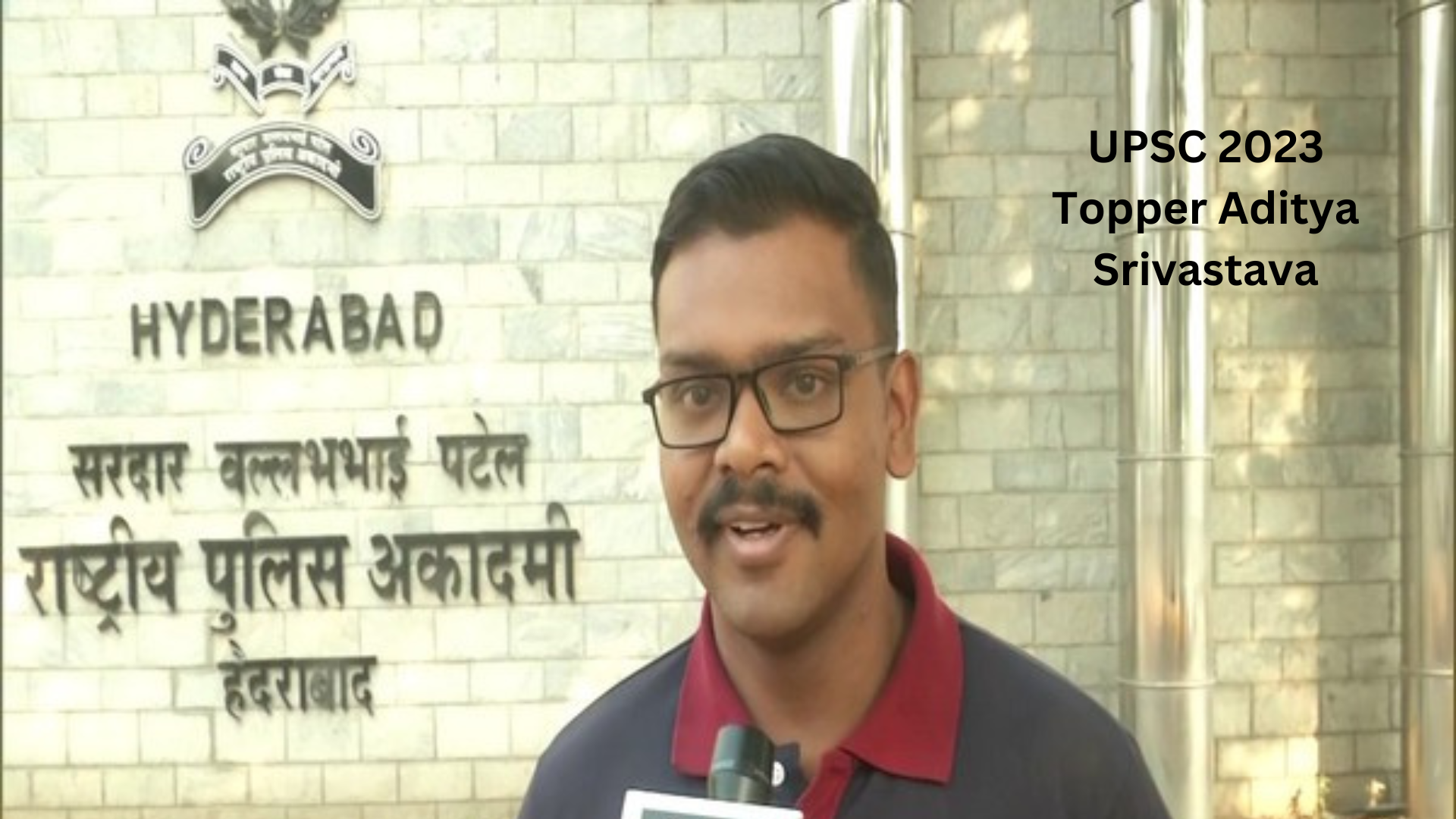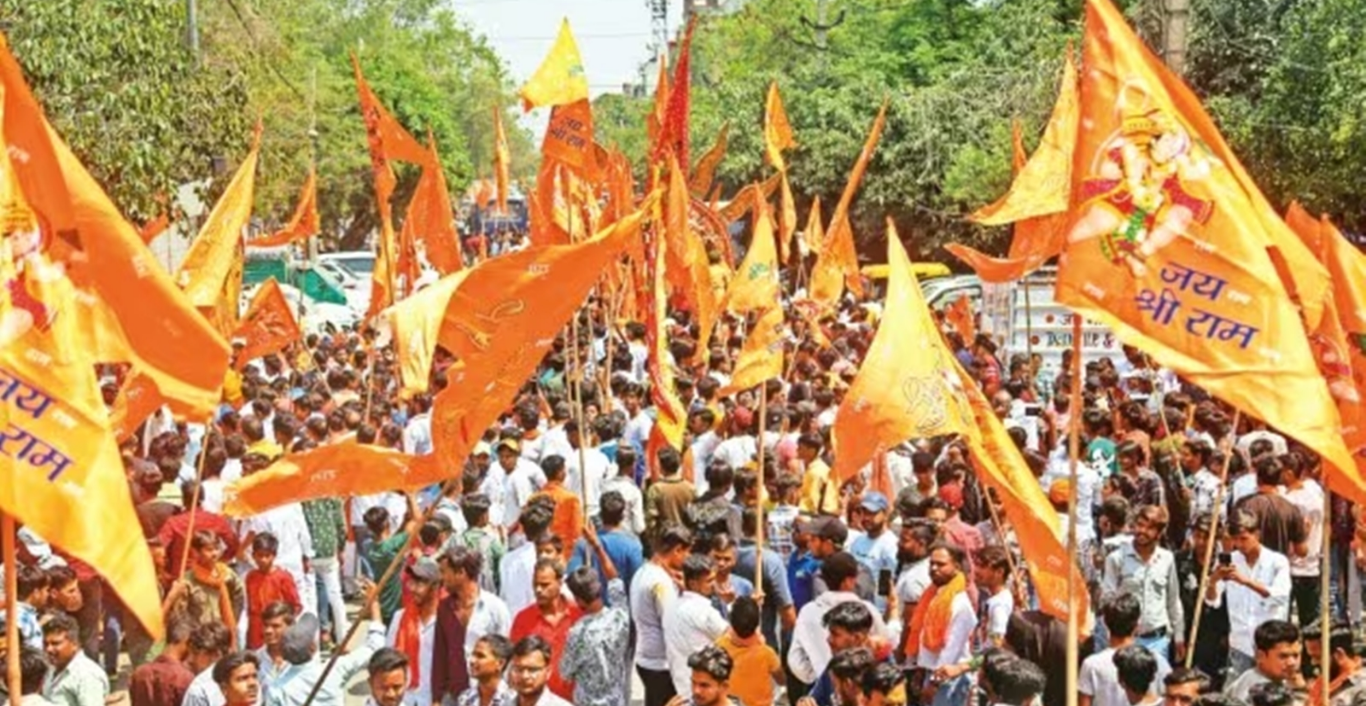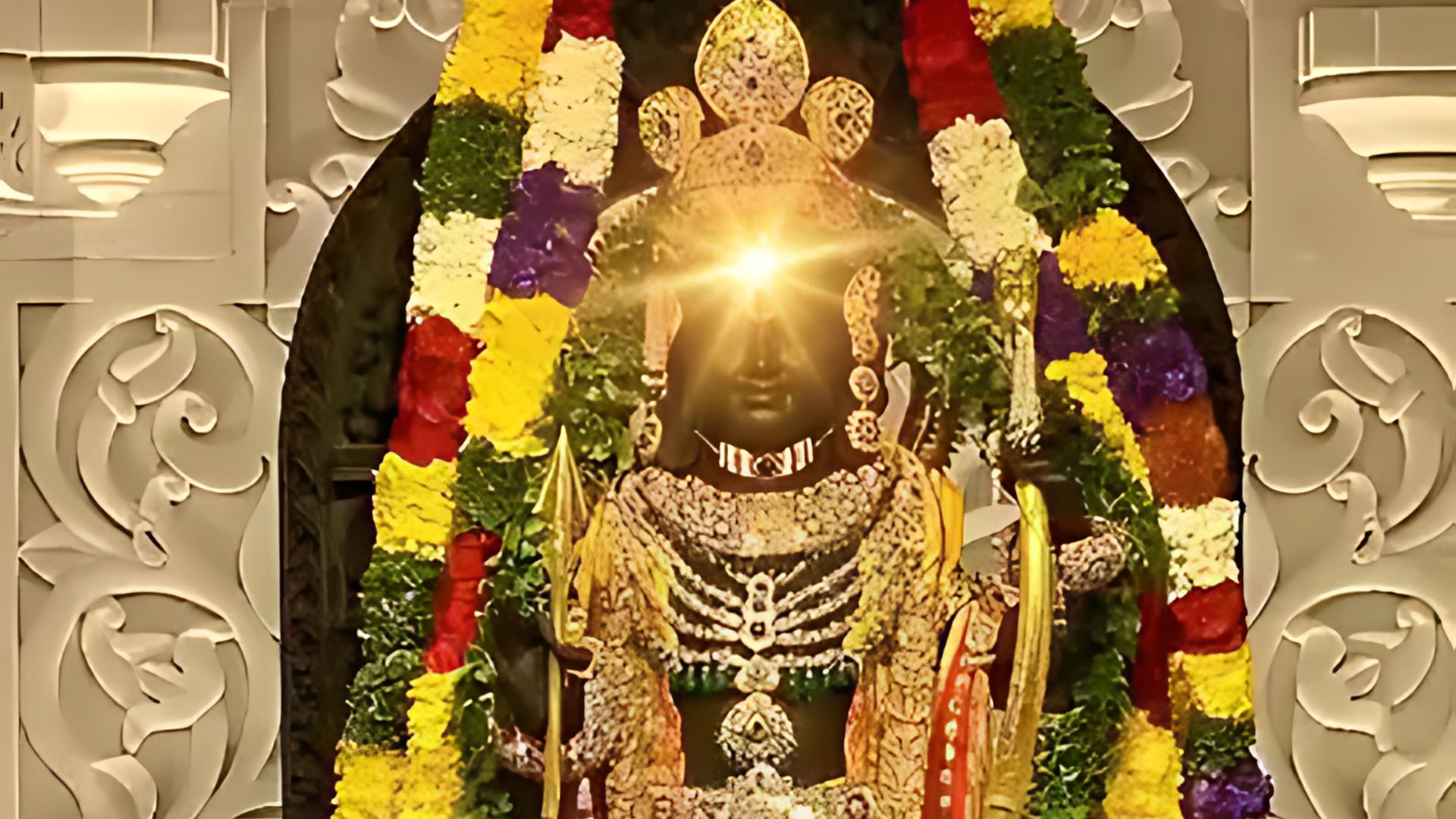


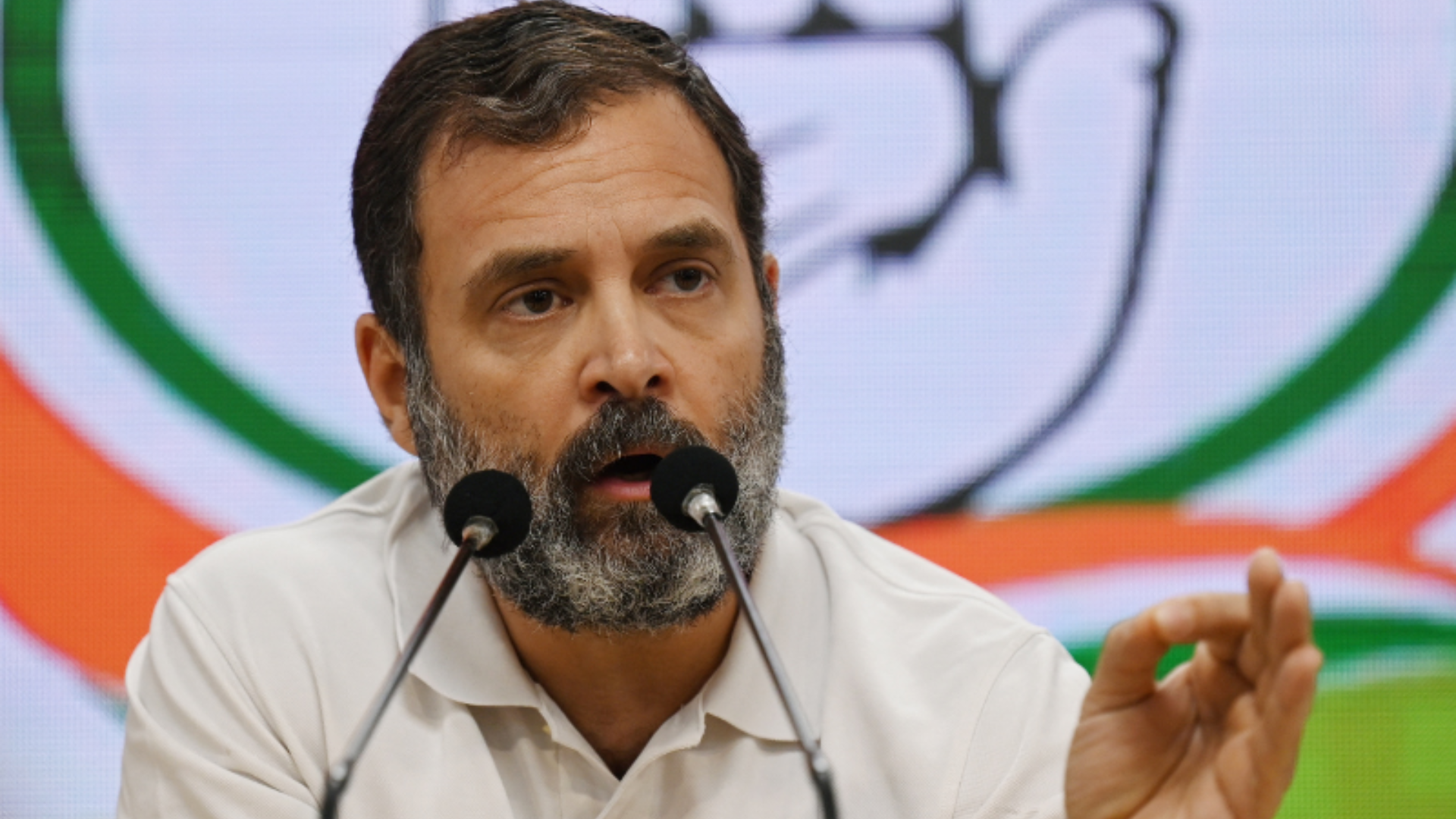
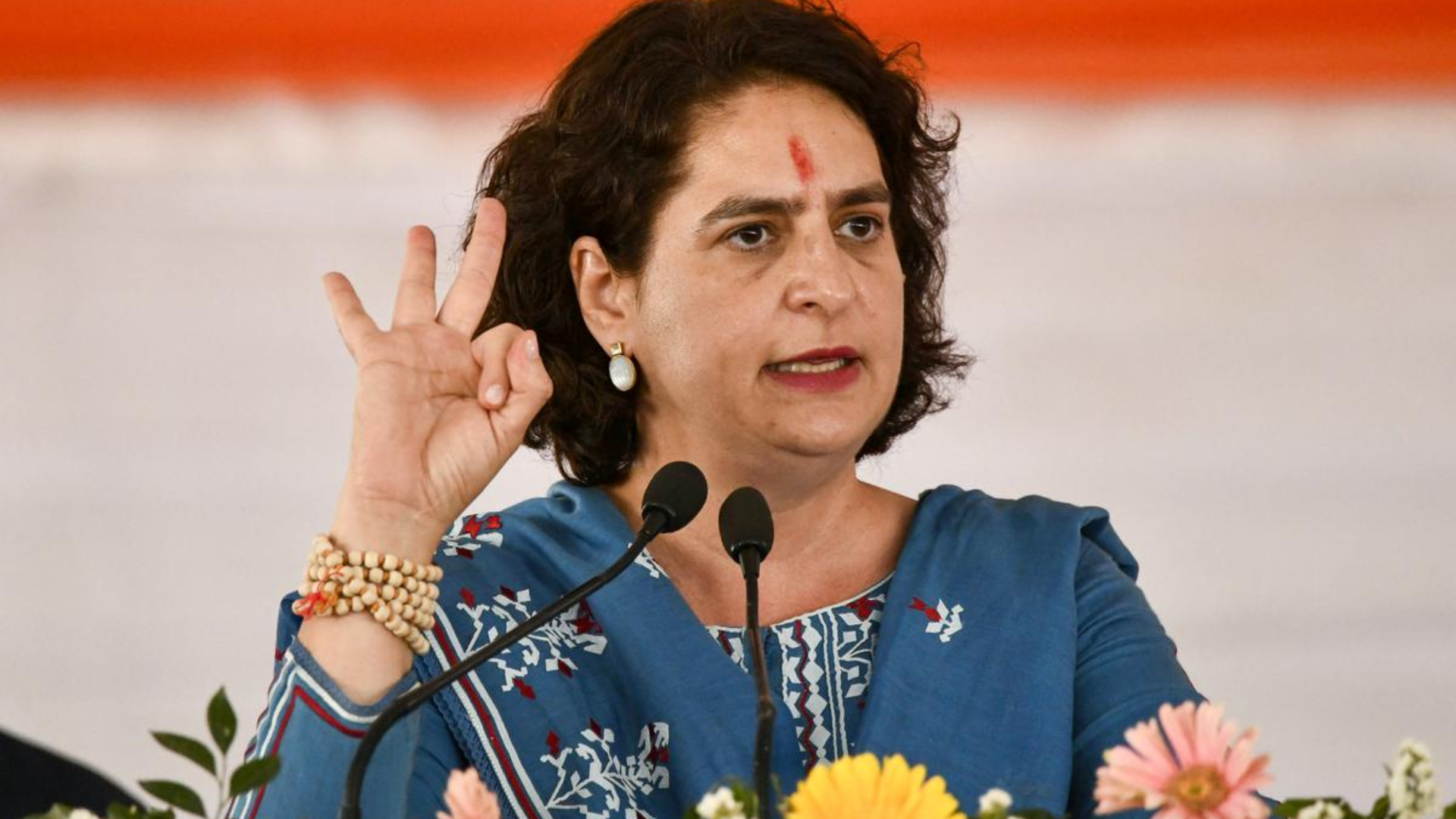

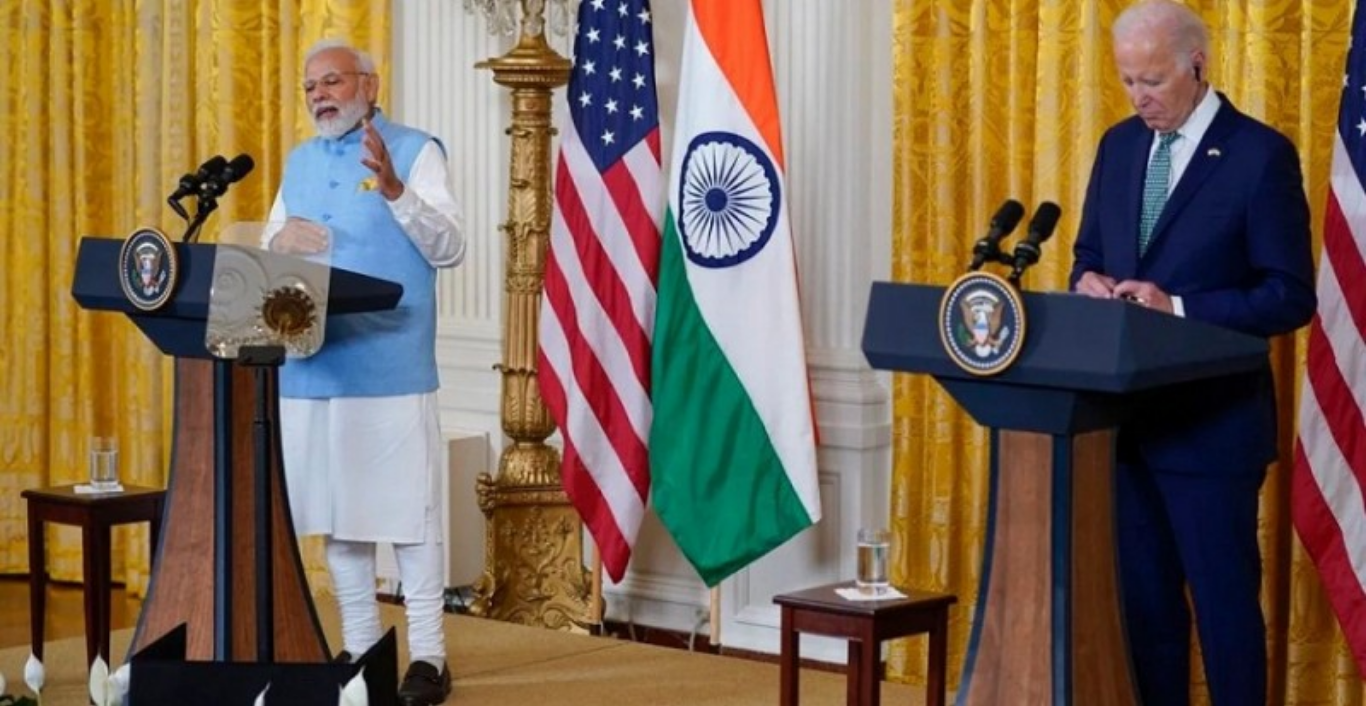

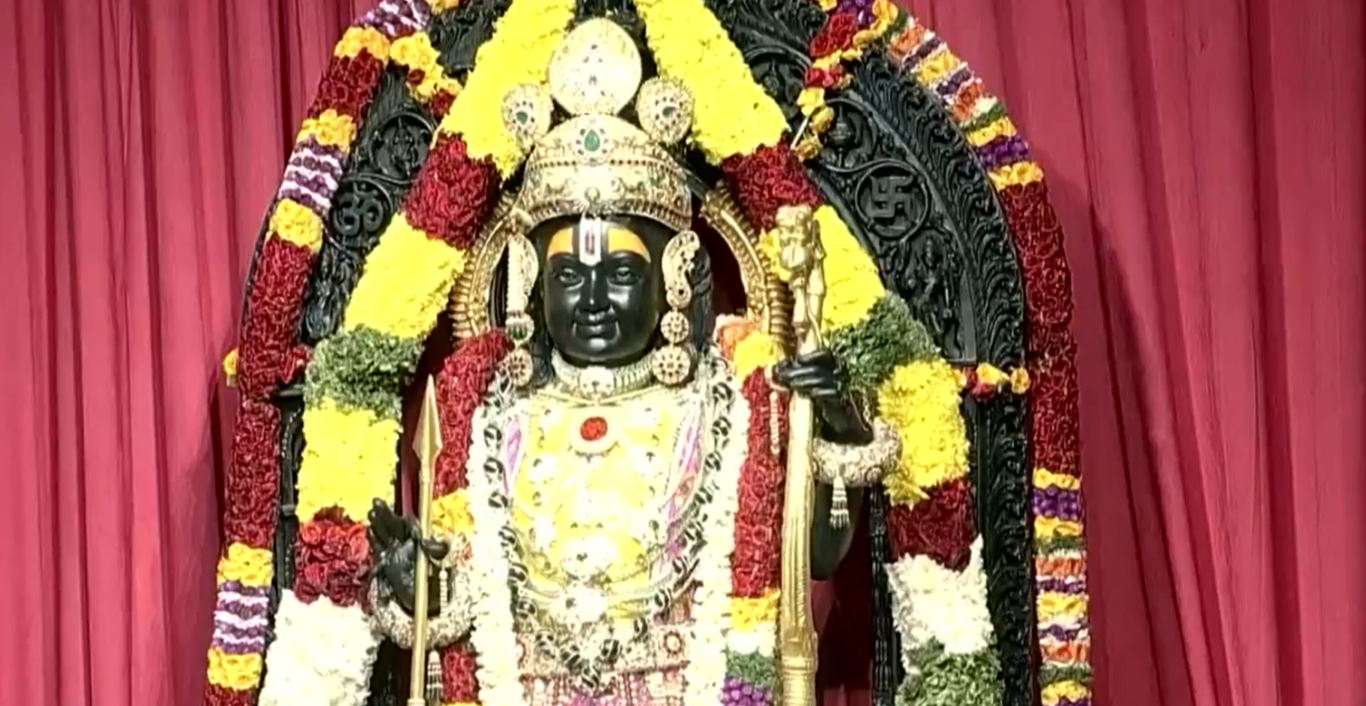

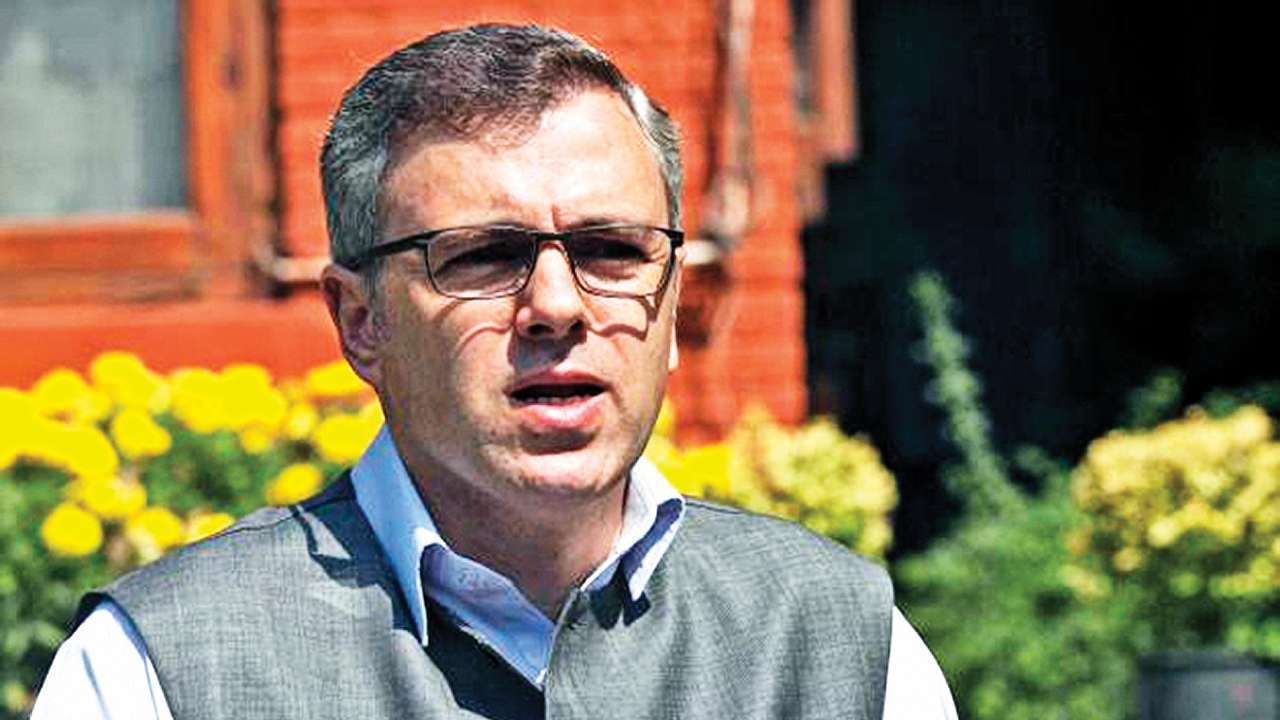
As India’s political landscape simmers with controversy surrounding alleged changes to the country’s Constitution Preamble, National Conference Vice President Omar Abdullah has weighed in on the matter. In response to allegations by the Congress party, Abdullah underscored that amendments to the Indian Constitution cannot be made lightly and require a significant majority.
Abdullah’s statements come amidst growing concerns over alterations to the Constitution’s Preamble, specifically the omission of the words “socialist secular” in copies distributed to politicians on the inauguration day of the new Parliament building.
While acknowledging that these words were added through a 1976 amendment, Adhir Ranjan Chowdhury, the Congress party’s leader in the Lok Sabha, questioned the government’s motives behind their removal in the updated copies. He described the situation as disconcerting and suggested it was done cleverly.
Omar Abdullah, however, reminded the public that changes to the Constitution are not easily accomplished. He emphasized that altering the Constitution requires a two-thirds majority, a considerable legislative hurdle that cannot be circumvented without broad support. Abdullah further pointed out that there has been no recorded vote in either the Lok Sabha or the Rajya Sabha to eliminate any words from the Constitution.
In defense of the alleged changes, the Bharatiya Janata Party (BJP) cited them as part of a historic Constitution update. Nonetheless, Abdullah expressed reservations, noting that any manipulation of the Constitution would be detrimental to the nation.
The controversy surrounding the Constitution Preamble modifications has ignited discussions among political leaders across the nation. Constitutional matters hold immense sensitivity in India, where the Constitution is considered the backbone of the country’s democratic system. Any alterations or perceived changes to it invariably draw considerable attention and scrutiny.
As the debate unfolds, the nation watches closely, hoping for clarity regarding the alleged changes and seeking assurance that the fundamental principles and values enshrined in the Constitution remain intact. The ongoing dialogue highlights the significance of constitutional matters in India’s political landscape and the necessity for transparent and inclusive discussions when it comes to any potential changes to this foundational document.
Also Read: Security Concerns Disrupt Consulate Operations: MEA On Suspension Of Visa Services in Canada
Catch all the Latest Business News, Breaking News Events, and Latest News Updates on NewsX

